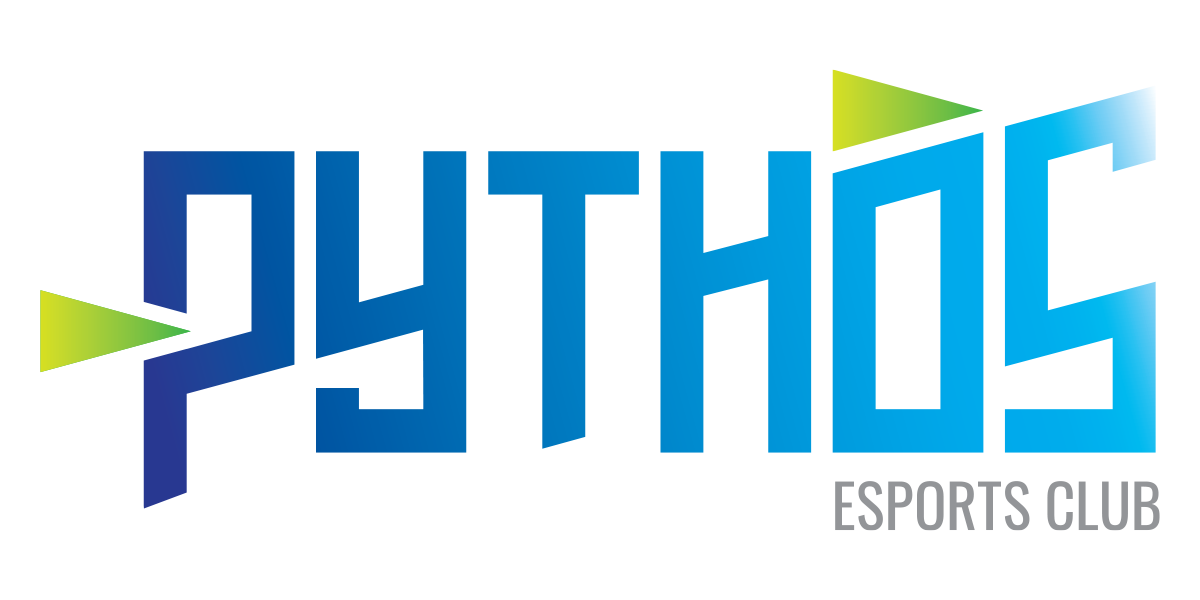11 Apr League of Legends skins: How in-game cosmetics drive esports revenue in 2025
Image credit: Riot Games
TL;DR
Skins are in-game cosmetics that can be earned and bought in several ways.
Skins have been a part of League of Legends since its 2009 debut.
There are over 1,700 skins available in LoL in 2025.
They can significantly change the appearance of a champion.
The most expensive skin is the Immortalized Legend Ahri, available for 59,260 RP.
Skin trading isn’t supported in LoL, but players are hoping to see it one day.
League of Legends skins have become a big business, driving esports revenue. No matter how experienced you are with the free-to-play MOBA game, you’ll likely have seen the ability to collect and use skins for particular champions during certain matches.
These allow players to change the appearance of an in-game character, from the minimum of a color change to a complete overhaul with new voice lines and sound effects. Some skins are chargeable, while others require some expert crafting to obtain.
Yet skins also serve as a great revenue model, and developer Riot Games knows this. With this in mind, we’re breaking down various skins in League of Legends, such as project skins and new League skins, as well as their role in the future of in-game cosmetics.
The role of skins in League of Legends
League skins allow players to express their personality in-game without affecting gameplay. This is done by altering a champion’s appearance, such as changing animations, sounds, and visual effects.
Although there are League of Legends custom skins accessible by third-party tools, this is something Riot Games doesn’t support.
For reference, Riot Games does not officially endorse third-party LoL custom skins but has historically tolerated them if they are purely cosmetic. However, they prohibit any changes that affect gameplay outcomes, and anything providing an unfair advantage risks a ban.
Still, there are thousands of official skins available, which are categorised into nine skin types.
9 League of Legends Skin Types
Skin typeFeatures & capabilitiesCommon skinsThese offer minor visual changes like colors or small tweaks to character modelsEpic skinsThis variant is the most common of skins, which usually feature a new model and sound effectsLegendary skinsA full overhaul that makes a champion look completely different, featuring voice lines, spell effects, and new animations for some skinsPrestige skinsThese are rare variants of other skins that are available for a limited time, which usually feature a gold color schemeMythic skinsAvailable via crafting systems and rare events, these offer exclusive animations and modelsUltimate skinsAlthough pricey, this variant completely overhauls champions that offer ever-changing animations and sounds, as well as some that have their own music tracksChampionship skinsA special cosmetic line of skins that are released every year when the LoL World Championship is ongoing. A slice of the sales made from these is given to the overall prize pool for the tournament winnersHall of Legends skinsThis is one of the most special skins in League of Legends, as it’s meant to honor pro players like Faker and important storylines related to the game’s narrativeExalted skinsKnown as the highest tier of skins in League of Legends, these offer exclusive voice lines and visual overhauls that eclipse every other type of skin. Exalted variants can only be obtained by spending special types of currency and using game systems like The Sanctum.
It’s also important to note how cosmetics play a role in other media, such as League of Legends’ arcane skins. Available to watch on Netflix, players were able to obtain skins inspired by the TV series, which aired between 2021 and 2024.
It’s a great example of how skins can transcend the game and be related to not just esports teams but a TV show as well.
How many skins are in League of Legends?
There are over 1,700 obtainable skins in League of Legends as of April 2025, offering variety and diversity to many players. Most of them can be bought using the in-game currency Riot Points (RP).
The most common skin is the Unchained Alistar, owned by almost 340,000 players
The most expensive skin is the Immortalized Legend Ahri, which can cost up to $429, or 59,260 RP
Although players loved Ahri’s skin, many were frustrated and dissatisfied with the cost, saying, “Riot is knowingly betraying its community to sell it at such an unreasonable price point.”
Business model behind skins & Impact on esports revenue
As League of Legends is a free-to-play Multiplayer Online Battle Arena (MOBA) game, much of its business model revolves around offering skins as a main revenue stream. Riot Games also monetises the game through other means, such as loot boxes and battle passes, but the skins serve as a way to appeal to its millions of active players.
The variety of available skins spurs revenue growth. Whilst some can be earned through crafting and other in-game means, the majority of skins are obtained by spending Riot Points, the game’s currency. The Mythic Shop is where players can purchase skins, which also rotates its selection for players to further appeal with new and rare skins for different champions.
It’s important to consider just how League of Legends cosmetics play a role in esports tournaments every year.
For example, players can wear team-branded Championship skins to show loyalty to their favorite esports teams participating in certain events.
In some tournaments, a percentage of the sales made from these skins go back into the prize pool. This way, funds are reinvested back into the ecosystem of esports, showcasing how revenue can be generated directly from team-branded digital merchandise.
Community engagement & consumer behavior
League of Legends skins can be a crucial factor in driving community engagement and consumer behavior, which Riot Games expertly manages at esports tournaments and events around the world.
In any game, whether it’s single-player or multi-player, players can feel an emotional attachment or a sense of loyalty to certain characters. This can mean that some will want to spend money on cosmetics to express their liking for others.
The amount of limited-time and rare skins in League of Legends can also incentivise players to play the game more, which could result in more revenue for Riot Games as a whole.
Esports tournaments let viewers see team-branded and Championship skins, which might make them want to get those skins for their own characters. This can also boost viewership, especially if new skins are revealed at these events.
Notable skin-driven revenue milestones & social impact
There are plenty of skin-driven revenue milestones that span across various champions in League of Legends. These include:
2011: Nurse Akali charity skin raised over $160,000 for Japan’s earthquake relief.
2017: Darkstar Cho’gath skin, created by Bryan, a League player who visited Riot through the Make-A-Wish Foundation and wished to “meet the creators of Riot Games and create a skin with them” raised over $6.1 million and was donated to 21 different nonprofits around the world.
2021: Elderwood Ornn charity skin raised $7 million for Riot’s Social Impact Fund.
2018-2020: Prestige skins, like those in the K/DA line, drove massive sales, helping LoL hit $1.75 billion in 2020 revenue – likely around 90%, based on industry patterns for cosmetic-driven games.
As of April 8, 2025, no official skin-specific revenue data has been released in 2024 or 2025. However, given Riot’s consistent output of 120–140 new League skins annually, plus new Valorant bundles and Wild Rift cosmetics, skin revenue likely remains robust.
Conclusion
In-game champion cosmetics drive much revenue in League of Legends and offer some form of diversity and originality. Yet, we’re arguably only in the early days of it. As esports becomes a regular occurrence on TV channels, fans will want to own a piece of their favorite players and teams.
Skins could be an important part of esports monetisation. People want to stand out and show their unique style when playing team games like League of Legends. And Riot Games sees big potential for skin sales. The challenge is figuring out how to take skins to the next level as the esports industry grows.
FAQs
In-game cosmetics are a way of decorating a character with new clothes or hairstyles, as well as skins for weapons and items.
It’s dependent on personal preference, but if some cosmetics take after a sports team or an influencer, it could be worth it to a die-hard fan.
People buy them to express what they like, but also to differentiate themselves from others when playing a game.
In gaming, “cosmetic” refers to giving different appearances to items that don’t impact the game itself.
League of Legends generates revenue mainly through cosmetics and skins for players’ characters.
LoL esports is profitable for Riot in terms of engagement, viewers, and sponsorships.
However, in 2024, the company had to introduce some strategic changes to improve LoL esports profitability to ensure that it could generate enough revenue to cover the costs of Riot, its professional teams, and other stakeholders.
Riot Games earns millions on in-game skins via League of Legends and Valorant every year. However, no official skin-specific revenue data has been released in 2024 or 2025.
Riot Games does make money from esports, but it’s not its primary revenue source.
The champion, Miss Fortune, currently has the most skins, with 22 ready to collect.
References
https://rankedkings.com/lol-skins (Ranked Kings)
https://www.riotgames.com/en/csr/players-raise-over-160-000-for-the-red-cross (Riot Games)
https://www.riotgames.com/en/who-we-are/social-impact/make-a-wish (Riot Games)
https://www.leagueoflegends.com/en-us/news/community/elderwood-ornn-charity-skin-results/ (League of Legends)
https://www.leagueoflegends.com/en-us/news/dev/state-of-skins-and-events/ (League of Legends)
https://www.riotgames.com/en/news/lol-esports-strategy-adjustments-2024 (Riot Games)
The post League of Legends skins: How in-game cosmetics drive esports revenue in 2025 appeared first on Esports Insider.
Features, League of Legends


No Comments